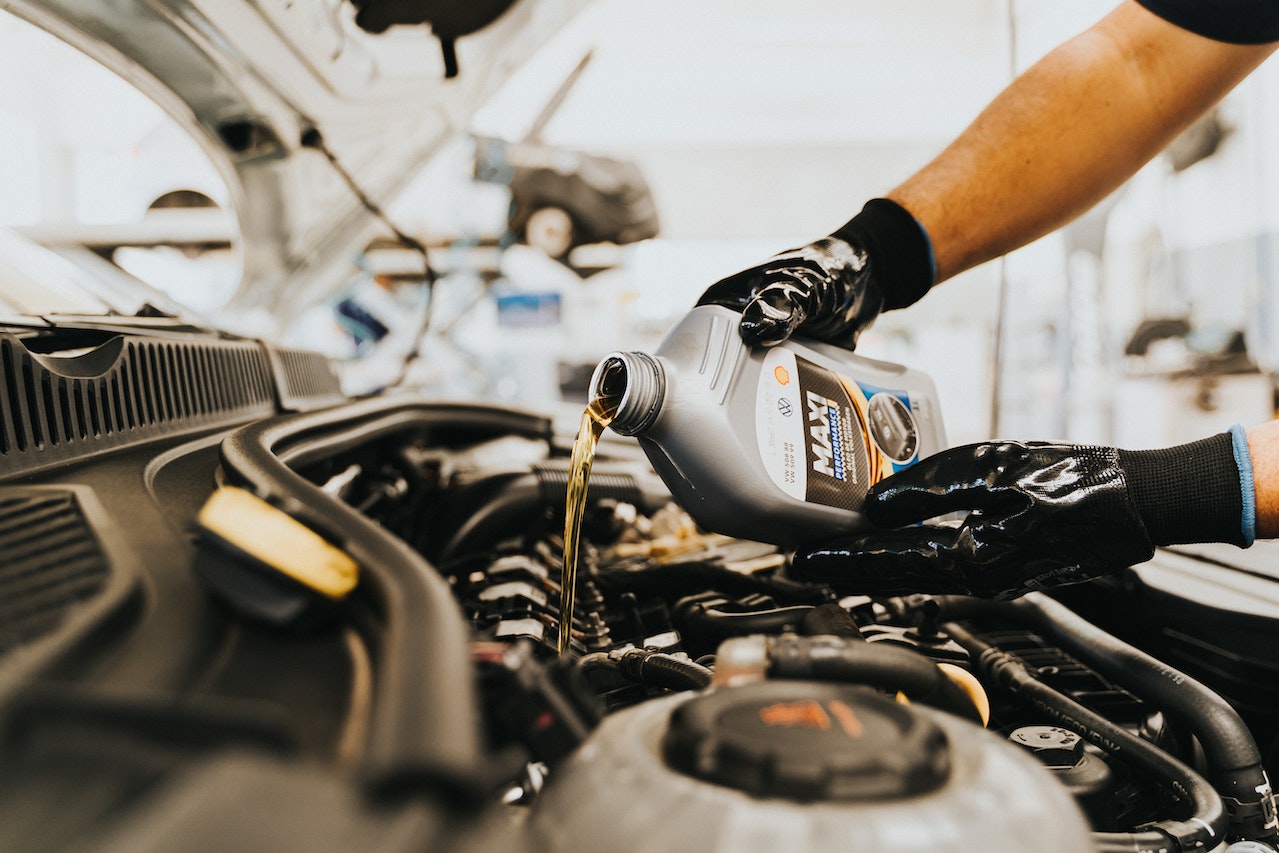
Oil Change Why Is It Important For Your Car?
You may be someone who loves to keep the car spick and span. But caring only about the outer shell is just like dressing up nicely and eating nothing. Same is the case with your car. Besides the external upkeep it also requires internal tuning. Among many other maintenance aspects, one of the most vital and frequent needs for your car is the regular oil change. Because the ‘side effects’ of not changing the oil at scheduled intervals can be really severe and can take a huge toll on your car’s engine, ultimately leading to excessive repair bills.
Inside the engine, the car motor oil deals with numerous purposes. Out of which, the foremost being the lubrication it provides to the moving components of the engine, thus preventing these components from clogging. With no or least amount of lubrication, the complex parts within the engine are bound to rub against each other causing irreversible damage to your car engine sooner or later. Another crucial duty of the motor/engine oil is to act as a coolant for the engine and pull the heat away from the combustion chamber. Inside the combustion chamber, the temperature is extremely high, however, thanks to the liquid properties of the oil that helps things cool down.
Why is oil change necessary?
In India, the general feeling or say the traditional oil change check is limited to the dipstick check. But wait, that’s not enough, with the dipstick ‘litmus’ test you only get to know about the level of the oil, in short, with this, you only examine the quantity and not the available quality of the oil. Here you need to understand that the lubricating properties of the engine oil are not everlasting. With continuous functioning over a period of time, the chemical composition in the oil breaks down the courtesy buildup of dirt and other particles. Moreover, here the change in the oil is quite apparent as the engine oil that goes in your car’s heart is a golden brown color liquid, just like real honey. Whereas, what comes out (when you do the dipstick check or refill) after 8,000 kilometers or above is a thick black tar-like substance. This tar-like substance may lead to sludge formation, it is advised to replace the oil before it becomes entirely black and starts to thicken.
When to go for an oil change?
There is no set oil change interval as such however majority of the vehicle manufacturers agree for an oil change every 4-5 months or 6,000-7000 kilometers, whichever is earlier. Nevertheless, it should never exceed 8,000 kilometers. Furthermore, for more apt and precise interval for an oil change (for your specific car model) you can refer to the vehicle manual. An entire oil and filter change interval is always mentioned in your vehicle’s manual. However, in case you drive a lot on a day to day basis and have achieved number of kilometres in lesser period or, you regularly spend a lot of time idle in traffic jams, then it is suggested to get your vehicle oil changed sooner than the recommended.
Which oil to use while changing engine oil or topping up?
Always make sure that the oil is topped up amid oil changes. Down the road, once the water gets into the compound (engine oil + coolant) the oil can evaporate, alongside the continuous functioning of oil gradually loses its lubricating properties as well. If you are topping up the oil by yourself, choosing the appropriate oil with right viscosity is important. Generally, most of the engine oils are considered as multi-grade and just have a viscosity value rating consisting of two numbers such as 10W-30.
In simple terms, these numbers stand for thickness levels of engine oil at various temperatures. Starting with the first alpha-numeral, it states the viscosity of the oil at low temperatures, the capital W denotes winter, while the latter number stands for the viscosity at 100 degrees celsius. This means that suggested thickness levels of engine oil differ from one vehicle to another, hence you need to pick the right oil carefully. Again, the vehicle instruction manual can be of great help in this regard, which will provide you with details of oil type to be used in your car. Anyways if the handbook is not accessible, you can also check the viscosity rating usually inscribed on the oil cap under the bonnet. Lastly, if the vehicle manual ascertains the use of synthetic oil, then you should go for the same as choosing non-synthetic engine oil may void warranty.
Your car’s engine oil change requires many precautions and hence it is advised that such tasks should be left for the professionals to perform. Here at Tyremarket.com, we not only provide oil change/topping services by expert technicians at affordable costs but also many other car maintenance related services that give you a complete peace of mind.


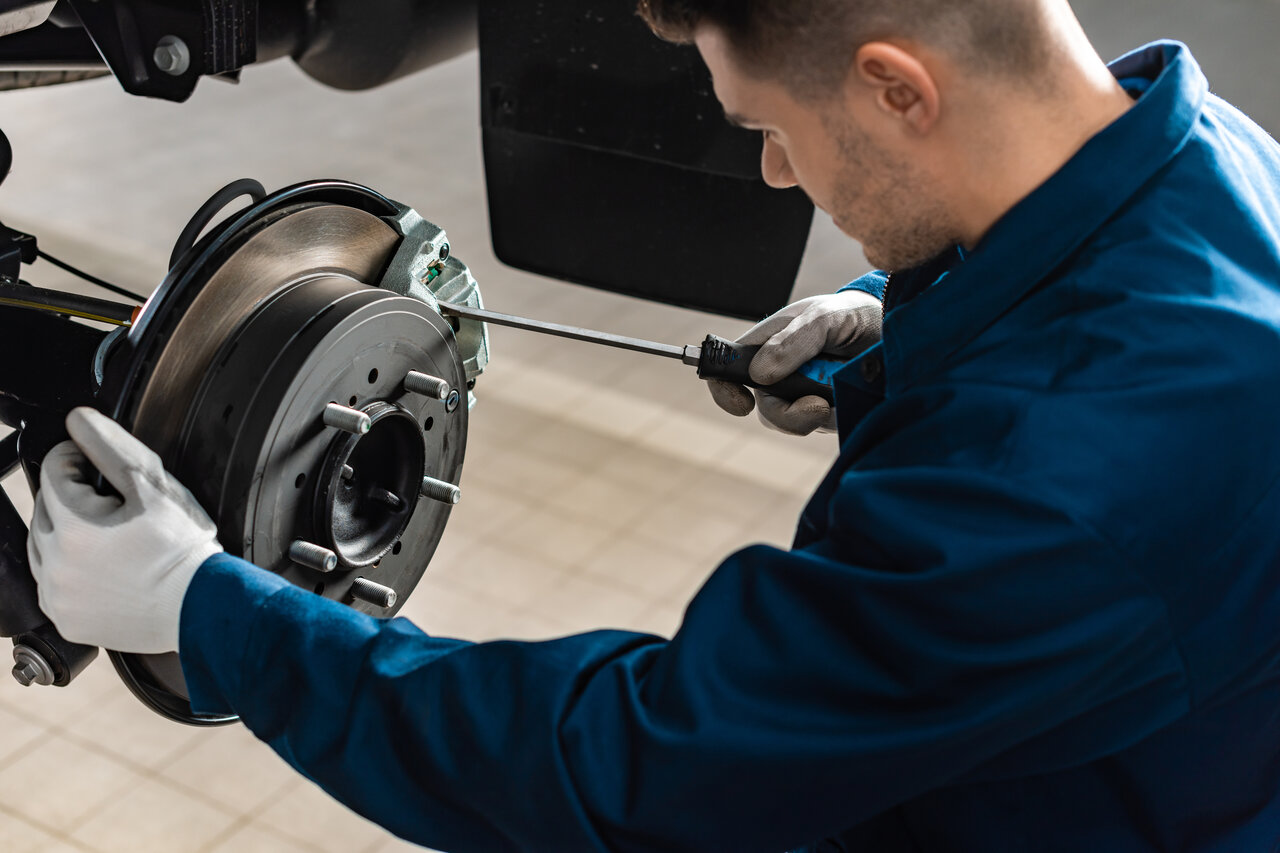
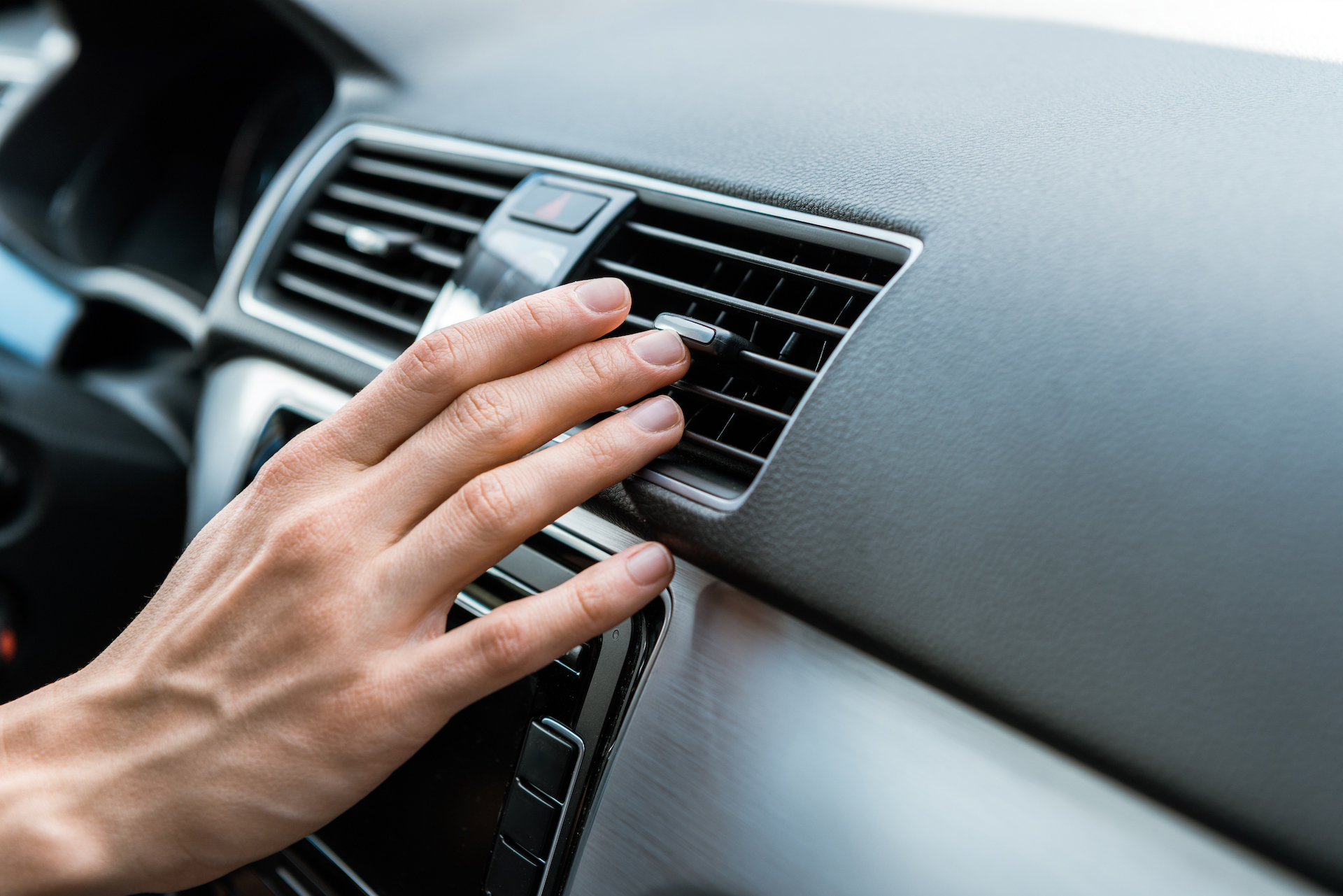
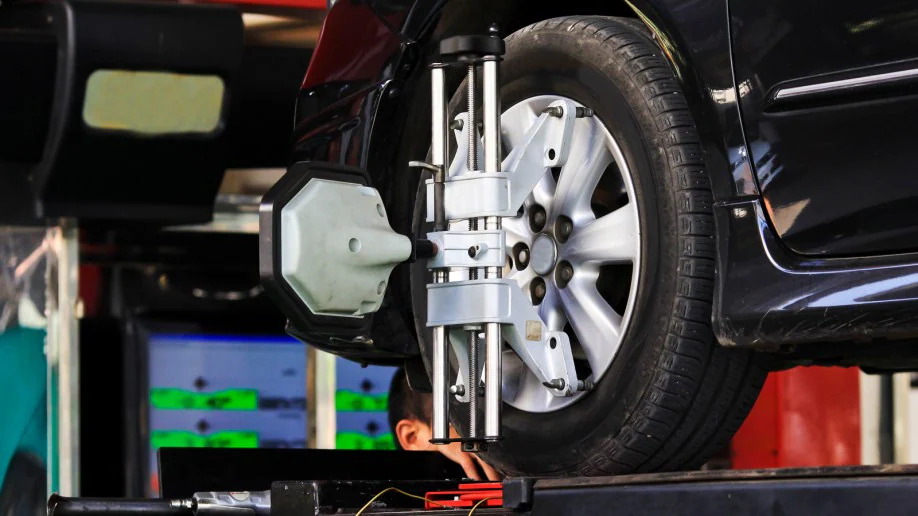
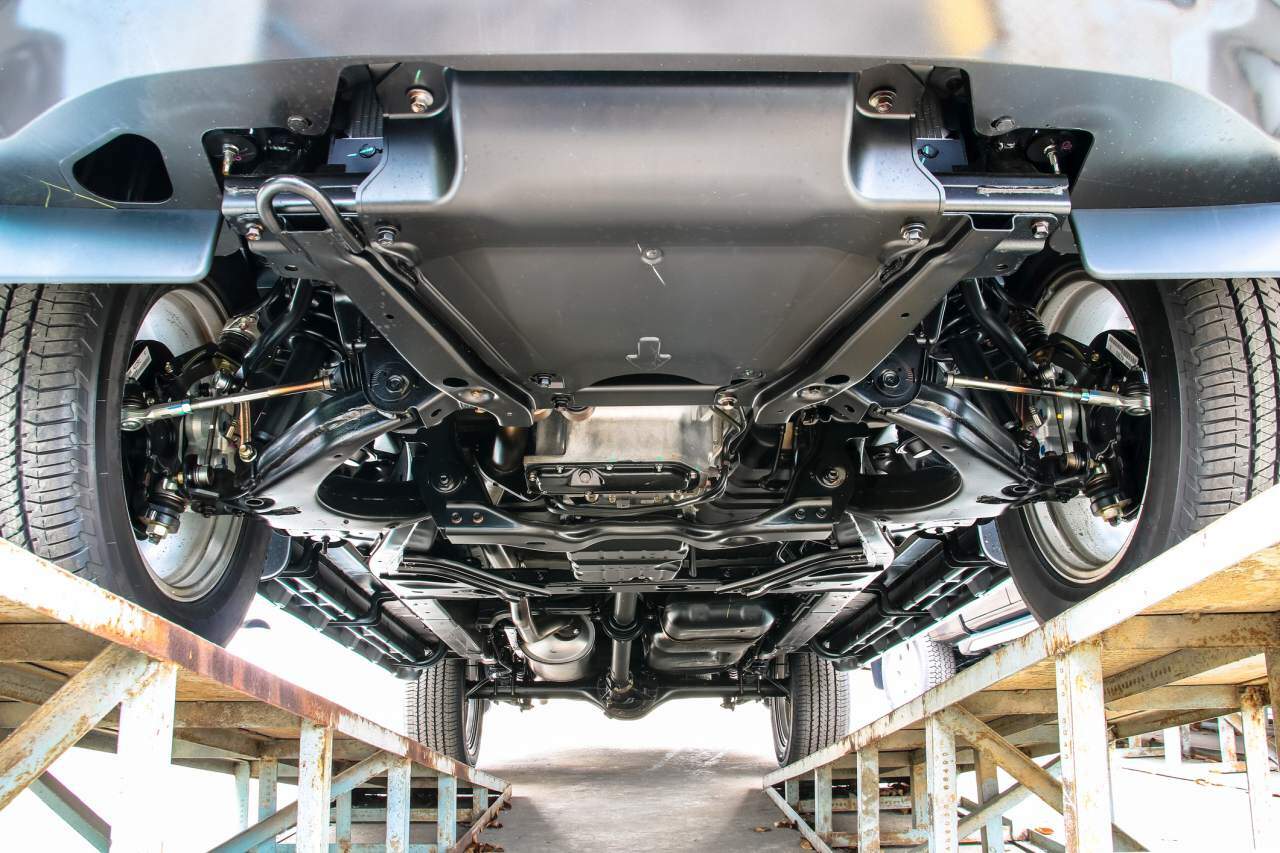
comments 0